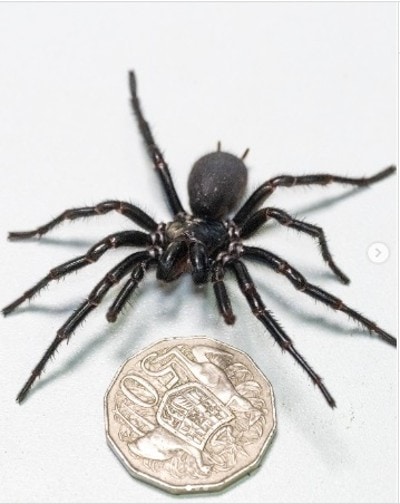Largest Deadly Spider On Record Captured, See The Photo
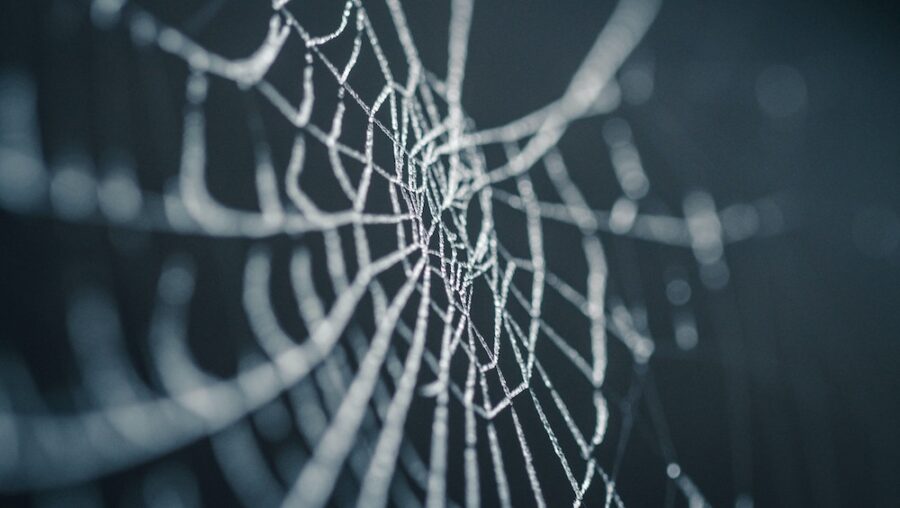
The largest male funnel-web spider ever recorded has been captured and placed into a program where he will help save lives. The creepy crawly specimen was found exactly where you’d think, in the world’s very own Jurassic Park sanctuary, the country of Australia. The highly venomous funnel-web spider was located on the Central Coast, roughly 50 miles north of Sydney, and measures a staggering 3.1 inches from foot to foot.
Hercules The Record-Setting Funnel-Web Spider
Thanks to spider experts in the region, which are likely as prominent as carpenters and electricians in the United States, the massive eight-legged arachnid has been placed in the Australian Reptile Park. The park specializes in producing anti-venom from highly dangerous creatures like the funnel-web spider through a process that sees the creatures milked for their venom. The addition of the enormous spider is a massive win for the sanctuary, as male funnel-web spiders tend to be even more lethal than their female counterparts.
Hercules Was Discovered In Australia
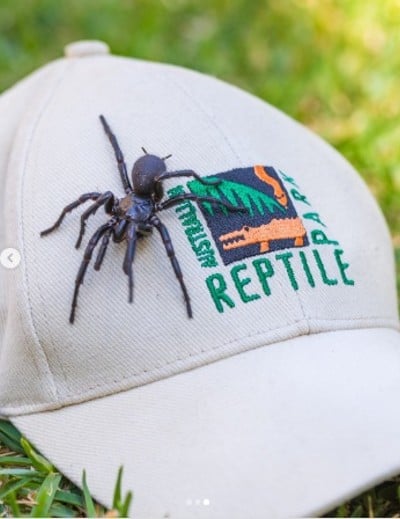
This is especially true for “Hercules” the funnel-web spider found earlier this month, as his massive venom glands are proportionate to his massive body. The creature is one of the single most venomous animals on earth, making them terrifying to encounter in the wild but a massive jackpot for anti-venom producers such as those at the Australian Reptile Park. The brave press member who initially discovered Hercules on the Central Coast brought the creature to a local hospital for examination, before spider experts resolved to move him to the Reptile Park.
The Previous Record Holder Was Found In The Same Park
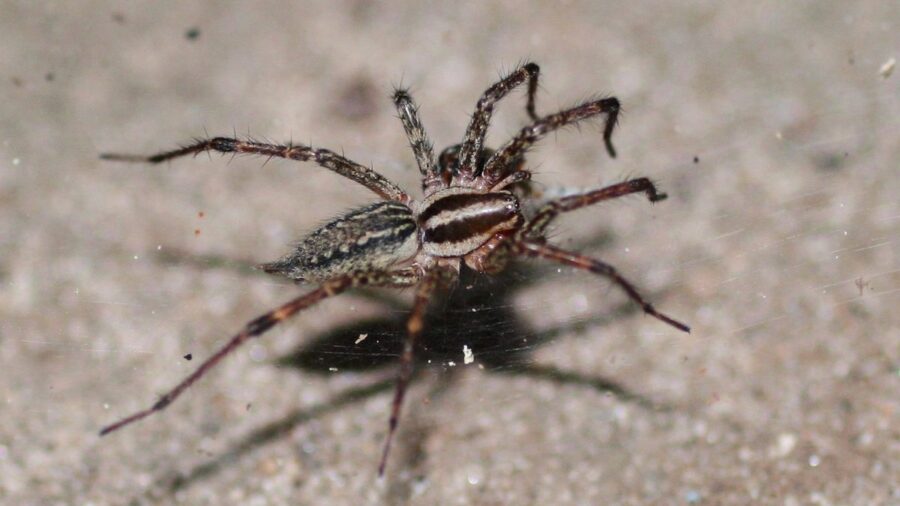
The park’s previous entrant for largest funnel-web spider is a male specimen named Colossus, who was captured in 2018. Normal funnel-web spiders often clock in at only 1-5 centimeters in length and are often located in gardens and cool, damp forests across Sydney. Colossus, who measures just .1 inches shorter than Hercules, helped contribute to thousands of venom millings during his tenure with the park, saving many human and animal lives.
No One Has Died From A Funnel-Web Spider In Decades
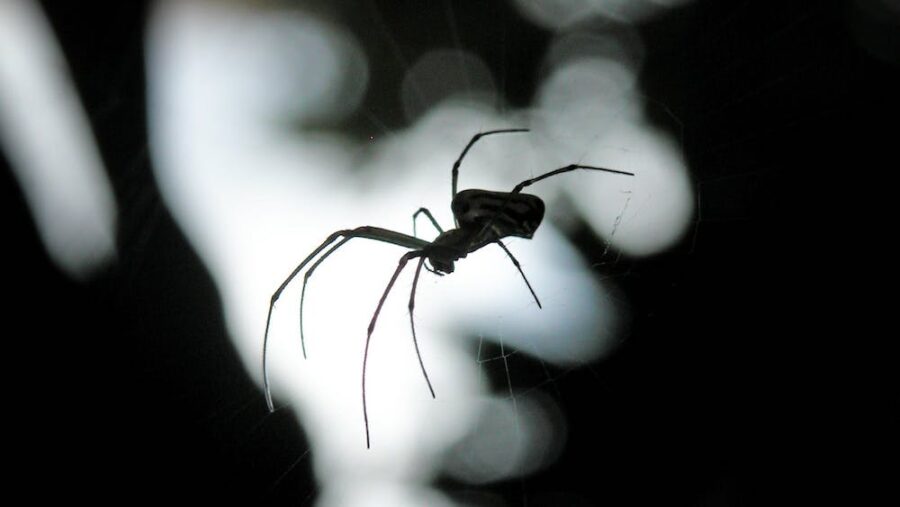
There haven’t been any recorded casualties due to a funnel-web spider bite since the anti-venom extraction program first began in 1981. This is highly impressive as the incredibly toxic venom from the jaws of the terrifying creatures is known to kill recipients as rapidly as 15 minutes in some cases. Others can withstand the venom for up to 3 days, though this is not the expected outcome from a funnel-web bite.
Australia Has The Perfect Conditions For Funnel-Web Spiders
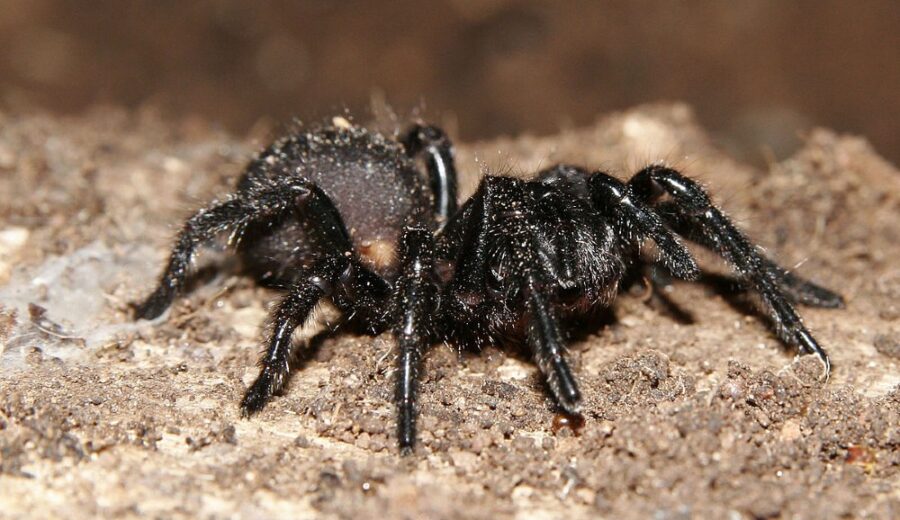
For those quivering in their boots at the mere idea of staring down these monstrous arachnids’ eight unblinking obsidian eyes, be sure to avoid places such as Sydney or Newcastle, Australia, where they are known to thrive. This year’s unseasonably humid weather and long rains within the region have led to ideal funnel-web spider conditions, reminding us all why we stay away from the island in the first place. Suffice is to say, if Peter Parker had been bitten by Hercules, the massive funnel-web spider, there would be no friendly neighborhood Spider-Man today.
Source: AP News
